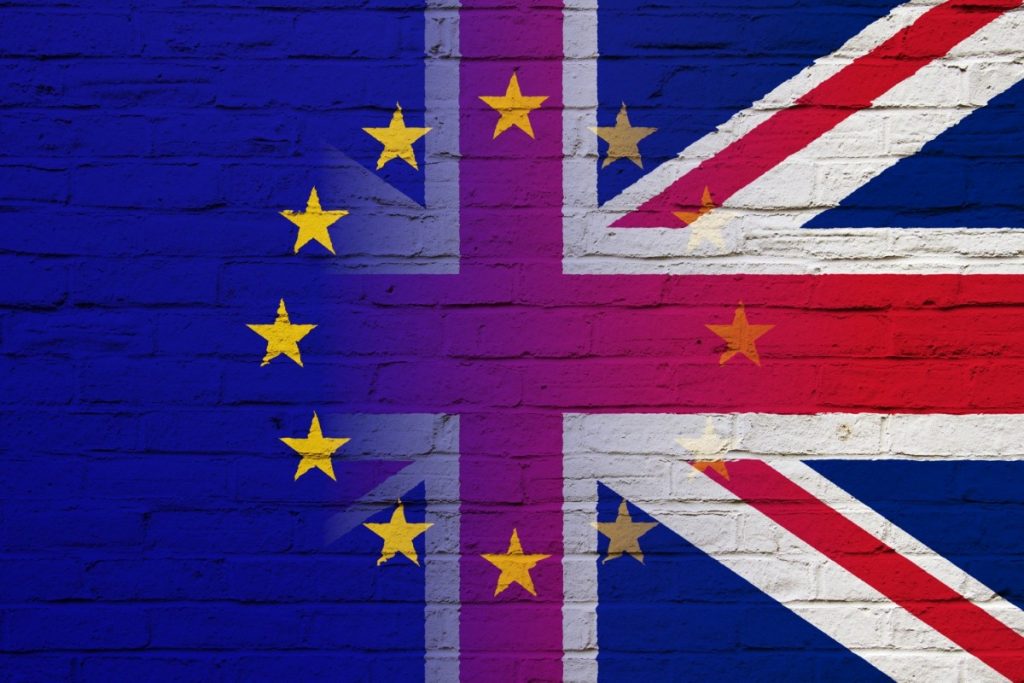I’ve laid out already what the most likely outcome of last night’s vote was, but a lot of people are asking a more optimistic(/desperate) question: is there any way whatsoever Britain could stay in the EU?
The answer is yes, but it is very unlikely. It would involve three things: A willingness to keep the UK in the union from EU leaders, a willingness from Brexit winners to have another vote, and British public support.
EU feeling
EU leaders' priority now is drawing a line under this and hoping no-one else holds a referendum. But what incentive do they want to follow? The most obvious, and the one which seems to be on offer, is the punishment incentive. They're going to hurt us in order to discourage others. Martin Schulz, the president of the European parliament, told the Guardian today he wanted the UK out of Europe as soon as possible. “Proceedings under Article 50 of the Treaty on European Union will have to be launched,” an EU fact sheet said. That suggests they are going to pile on the pressure for the UK to enter into Brexit negotiations sooner rather than later – certainly earlier than the three months David Cameron envisages. Once Article 50 kicks off, it’s the UK vs everyone else, with its back against the wall because of a two-year deadline. It is not a good negotiating position.


But there is another incentive. Maybe European leaders are looking at videos like this or this and concluding that Brits might just change their mind if they were presented with another deal. They'd probably have to find some sort of special name for it. Associate status – something like that. But basically, it would amount to still being in the EU. This is an old tactic of theirs. When France, Holland and Ireland voted against them, they came up with some sweeteners and then went back and asked the country again until they gave the right answer. They could well try that again, especially if they thought it might work.
But there are downsides to this strategy. Would you also encourage other countries to rock the boat by rewarding the UK for doing so? And anyway, Europe didn’t seem keen to offer David Cameron many concessions when he went seeking negotiations ahead of the referendum. Would they have changed their minds now?
Brexit voting
Even if they did offer some concession, would the winners of the Brexit vote be willing to take a risk with another vote? We are basically talking about Boris Johnson here, with Michael Gove helping out. They both looked a bit over-awed by the magnitude of what they’d done today. Combined with harsh economic news, moves in Scotland to hold another independence referendum, a threat to British sovereignty in Gibraltar and renewed trouble in Northern Ireland, they might have shocked themselves into welcoming a deal. After all, Johnson isn’t Nigel Farage. He doesn’t actually believe this stuff. He’s only on this side because it was useful to him.
If another deal was offered, Johnson would either have to hold a referendum again or perhaps a general election. Given what happened to Cameron this morning, it may not be a route which appeals to his sense of self preservation. And even then, he might struggle to even get to hold the vote. Under the Fixed Term Parliament Act, a general election before 2020 would require two thirds of all MPs to call for one, which Labour may not support if they don’t feel the timing works for them.
The only other way Johnson could hold an election is if he got his MPs to back a motion of no confidence in his own government, which is rather odd but again perfectly possible. There’d then be a 14-day period for someone to try to form a government followed by another general election. So again: possible. But again: there are a lot of unknowns in that calculation. And that’s before you even get to the vote.
Would Brits U-turn?
After all that, would the British public even offer a different vote to the one they made last night? It’s unclear. Sure, this morning people seem shocked, but then all that comes from the same TV stations and social media users (like myself) who were confidently predicting Remain. The disconnect between medialand and En-ger-land is severe. Perhaps even economic chaos and recession won’t be enough to scare people out of supporting Brexit.
And there is a massive face-off at the heart of the British public’s relationship with the EU. Freedom of movement is non-negotiable. And one senses it is freedom of movement, more than anything, which the British public rejected last night. So even once all the practicalities go, that problem still remains. Perhaps a jolt of recession would make them reassess how much of a priority they place on reducing immigration.
So there you have it. Could Britain stay in the EU? Sure. If European leaders want to scribble a deal on the back of a napkin and make it constitutionally possible they just need to do it. But there are an awful lot of variables there and all the circumstances and incentives need to be perfectly aligned for it to happen.
And yet, for all that, it is possible. And the worse the economic impact of Brexit in the days to come, the more tempting it might be for those on both sides to explore options for compromise.









